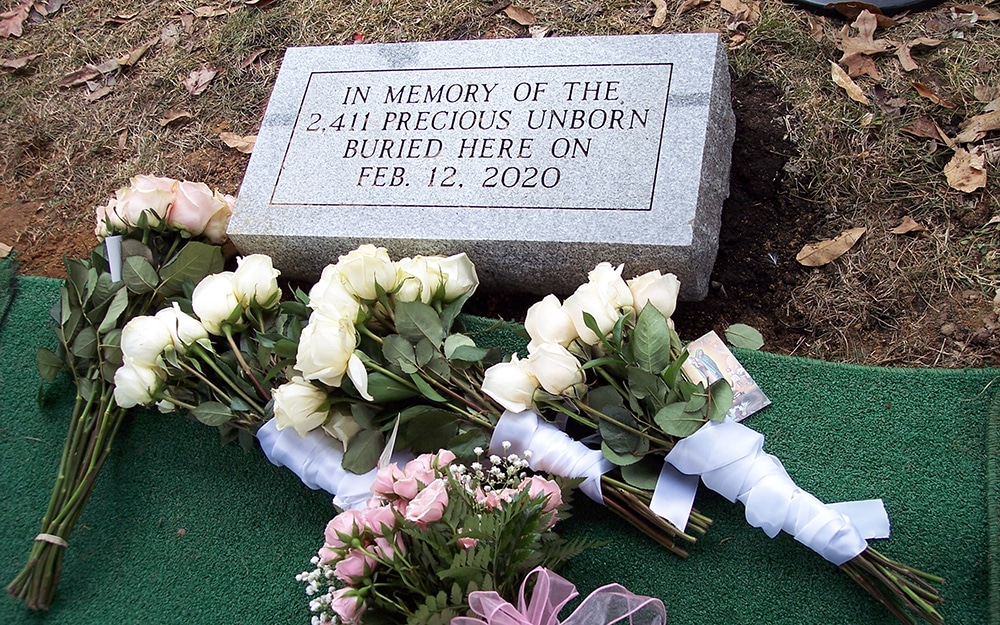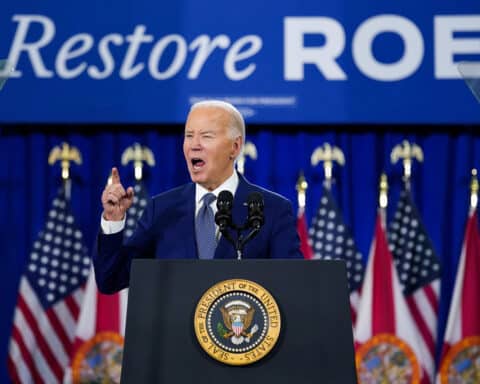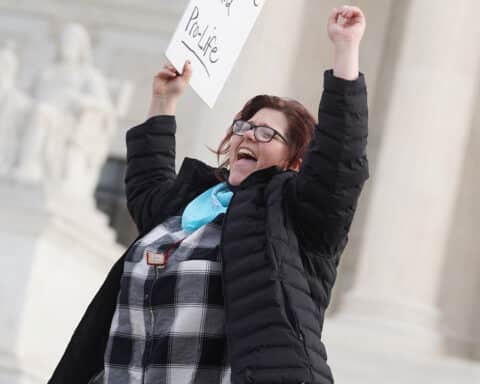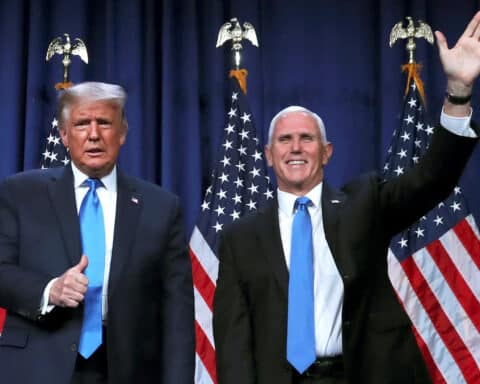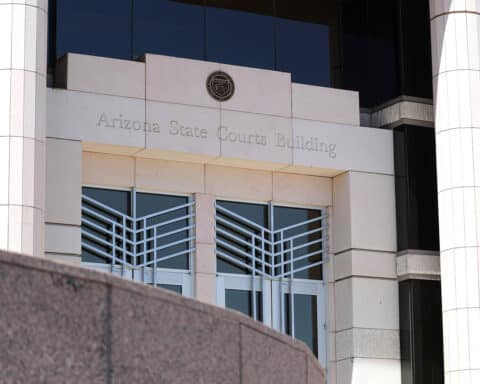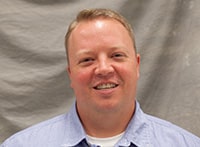
On Sept. 3, 2019, Mark and his wife got a call that her brother-in-law had been found dead on the steps of his home. To help her grieving twin sister, she drove from their home in Grand Rapids, Michigan, to just outside of Joliet, Illinois. “Two days later, my wife said, ‘You have to come down here. Can you ask our son if he can give some help, because it’s an unbelievable mess.’ … I don’t know if you’ve ever seen the TV series ‘Hoarders,’ but … they didn’t have anything on this house and this guy.”
On his second day of cleanup in Illinois, Mark opened the middle door of a three-car garage and saw a wall of boxes. “I thought it was going to fall down on us,” he said. One by one, he began going through boxes and tossing things into a large dumpster. “We got there on a Thursday night, and by Saturday night, I opened up a box and reached in and pulled out a bag of liquid. By the time I picked the third bag out of there, I realized what it was. … My son, I showed him and said, ‘I think these are babies.'”
Mark’s brother-in-law was Dr. Ulrich Klopfer, a notorious abortionist who had clinics across northern Indiana. Soon after his discovery, newspapers and TV stations across the country shared the horrific story. In all, law enforcement officers, including representatives of the Will County (Illinois) Coroner’s office, removed 2,246 medically preserved fetuses from Klopfer’s garage. According to a report from the Office of the Attorney General in Indiana, “The fetal remains were in various states of decay. The remains were mostly found inside molding boxes and old Styrofoam coolers containing large red medical waste bags. … However, many of the bags had degraded over time and/or suffered damage, resulting in leakage from the individual bags into the outer bag, box or cooler.”
After his discovery, Mark confronted his sister-in-law, whom he said was more irritated that Klopfer had kept the remains in the garage than she was surprised that he kept them at all. “She said, ‘It was only 2,200, and they were only 12 weeks or less.’ Then I realized there was a great disconnect there between the heart and the head.”
An ongoing search for Klopfer’s assets led Mark’s son to a storage facility on the south side of Chicago, where the abortion doctor had cars and other equipment. More than a month after the initial gruesome discovery, the bodies of 165 more babies were found in the trunk of an old Mercedes Benz owned by Klopfer.
Three days after finding the babies, Mark said he was buying replacement windows for Klopfer’s house and broke down in the aisle at Menards. “I just couldn’t handle it anymore. I didn’t know where to put it. I had no place in my psyche for what I had gone through, what I had seen.”
Long before he discovered the babies in the garage of his brother-in-law, Mark was an ardent supporter of pro-life causes. He even trained as a sidewalk counselor in the 1980s. For many, the story of the thousands of babies discovered in the garage of Dr. Ulrich Klopfer opened their eyes to tragic practice of abortion that ends the life of 3,000 children per day in the United States. “It’s a hidden, deadly, dirty industry,” Mark said. “And I can’t believe it exists in this country.”
After telling his story at a pro-life rally hosted by Right to Life of Northeastern Indiana, the crowd rose to its feet and applauded this remarkable man with remarkable courage.
Scott Warden is managing editor of Our Sunday Visitor.

